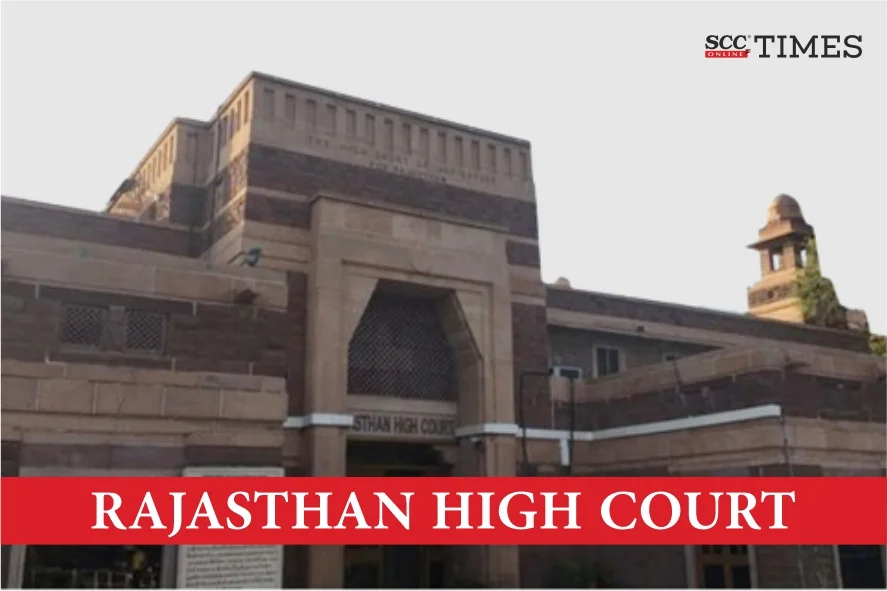Rajasthan High Court: In a bail application filed under Section 439 of the Criminal Procedure Code, 1973 (CrPC), a single-judge bench comprising of Farjand Ali, J., allowed the bail application of the accused-petitioners, emphasising on the importance of freedom of speech and expression while assessing the intention behind alleged statements. The Court deemed the continued incarceration of the accused unnecessary and ordered petitioners’ release on bail with specified conditions.
In the instant matter, the accused-petitioners filed an application Section 439 of the CrPC invoking the jurisdiction of the High Court of Rajasthan. The case pertains to FIR registered at Hanumangarh Police Station, District G.R.P. Jodhpur, alleging offenses under Sections 153-A, 153-B, and 505 of the Penal Code, 1860 (IPC), with additional charges under Sections 10(A) and 13(1)(A) of the Unlawful Activities (Prevention) Act, 1967 and Section 66-F of the Information Technology Act, 2000 (IT Act). The petitioners’ bail application was once denied by impugned order dated 01-02-2024. The petitioners contended that the allegations against them were based on conjecture and surmise, lacking substantial evidence to warrant their continued detention. It was argued that the mere utterance of “Khalistan Zindabad” does not inherently constitute an offense under Section 153-A of the IPC. Furthermore, they questioned the invocation of additional penal provisions, asserting the absence of overwhelming circumstances to presume their guilt. On the other hand, the Public Prosecutor opposed the bail application and argued that the seriousness of the charges warranted the denial of bail to the petitioners.
After considering the argument advanced and authorities cited by the both parties, the Court referred to relevant legal precedents, in particular, Javed Ahmad Hajam v. State of Maharashtra, 2024 SCC OnLine SC 249, emphasising on the necessity of mens rea and intention to promote disharmony or incite violence for offenses under Section 153-A IPC. The Court also referred to Manzar Sayeed Khan v. State of Maharashtra, (2007) 5 SCC 1, highlighting that the intent to promote disharmony or incite violence is crucial in determining the applicability of Section 153-A. The Court underscored the need to assess the impact of the words used on reasonable individuals. The Supreme Court in Manzar Sayeed Khan (Supra) held that the petitioners’ statements did not demonstrate an intention to promote enmity or hatred between different groups but rather expressed dissent, which is protected under Article 19(1)(a) of the Constitution of India. The Supreme Court noted that their expressions constituted legitimate criticism and protest, protected under the freedom of speech and expression guaranteed by the Constitution of India.
The Court noted that “it is not comprehensible as to how the penal provisions of Unlawful Activities (Prevention) Act have been invoked in this case as well as there are no overwhelming circumstances to draw a presumption regarding guilt of the petitioners.” Given the likelihood of a prolonged trial and the absence of compelling reasons to justify further incarceration, the Court granted bail to the petitioners. The Court directed the petitioners to furnish a personal bond of Rs.50,000/- with two sureties of Rs.25,000/- each for their appearance before the trial court on all hearing dates.
[Lovepreet Singh v. Harmanpreet Singh, 2024 SCC OnLine Raj 823, order dated 20-03-2024]
Advocates who appeared in this case :
Mr. Amit Gaur, Counsel for the Petitioners
Mr. S.K. Mehar, P.P., Counsel for the Respondent










